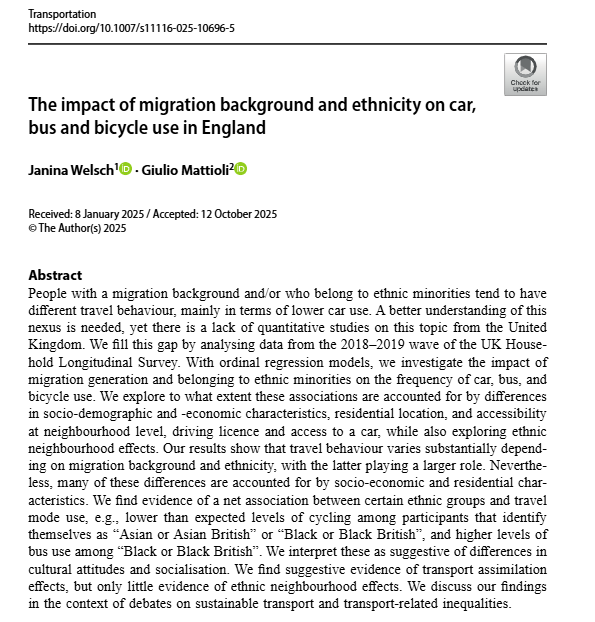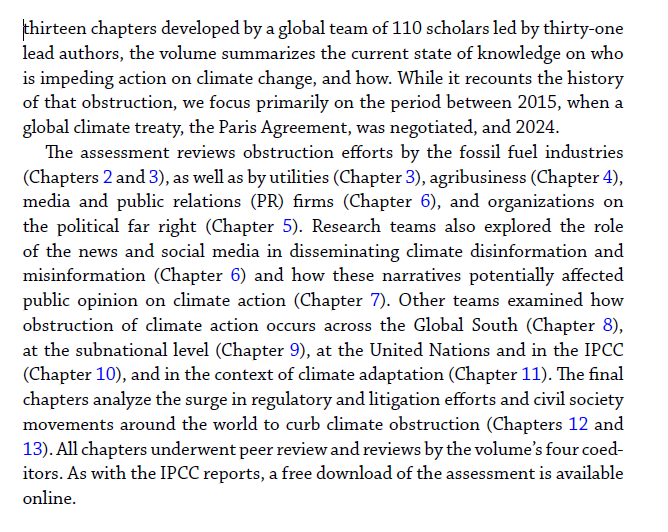As the Johnson government plans to cut the fuel duty, we hear the usual arguments that this will help "hard-pressed families".
But how much truth there is in this argument? A thread (with evidence) thesun.co.uk/news/9793144/b…
But how much truth there is in this argument? A thread (with evidence) thesun.co.uk/news/9793144/b…
Do low income people use the car a lot? No, actually they don't.
People are often surprised to hear this, but individuals in the bottom 20% of the income distribution drive *less than half* than those in the top 20%
People are often surprised to hear this, but individuals in the bottom 20% of the income distribution drive *less than half* than those in the top 20%
https://twitter.com/keithalexander/status/1133379914248478725
One of the main reasons for this difference is that actually, a lot of households *don't own cars* (24% in 2018 in England). And this gets to 46%(!) in the lowest income quintile. 

[data from gov.uk/government/sta…]
So roughly *half* of 'hard-pressed families will not benefit from a fuel duty cut.
They would probably benefit benefit from a cut in bus fares - but since buses are privatised and deregulated in most of the UK, cutting bus fares is not even on the agenda...
They would probably benefit benefit from a cut in bus fares - but since buses are privatised and deregulated in most of the UK, cutting bus fares is not even on the agenda...
What about the other half of low-income people though?
Well in our @TranspPoverty study we have found that roughly 9% of the UK population has low income, high motoring costs, and inelastic fuel demand
Well in our @TranspPoverty study we have found that roughly 9% of the UK population has low income, high motoring costs, and inelastic fuel demand
https://twitter.com/TranspPoverty/status/990919828310515712
@TranspPoverty In a separate study we found that 7% of UK households are in 'forced car ownership' = they own a car despite being in absolute poverty.
(although another 11% is 'car deprived' = does not own + cannot afford a car)
(although another 11% is 'car deprived' = does not own + cannot afford a car)
https://twitter.com/TranspPoverty/status/932933018553118720
@TranspPoverty So the 7-9% of households with high motoring costs + low income will actually benefit from a fuel duty cut, at least in the short term.
BUT there is another, possibly larger group of 'hard-pressed families' who will not benefit from it. These are usually not mentioned at all
BUT there is another, possibly larger group of 'hard-pressed families' who will not benefit from it. These are usually not mentioned at all
@TranspPoverty This is a common fallacy: assuming that
1) everyone has/uses cars...
2) ...and we all use them pretty much in the same way...
3) ...but some of us are poor, so making car use cheaper will be good for them.
Even Jeremy Corbyn falls for it
1) everyone has/uses cars...
2) ...and we all use them pretty much in the same way...
3) ...but some of us are poor, so making car use cheaper will be good for them.
Even Jeremy Corbyn falls for it
https://twitter.com/giulio_mattioli/status/1083727768624513024
@TranspPoverty More broadly, there are good reasons to think that the benefits of cutting the fuel duty would be short-lived, and the longer term effects undesirable.
See the conclusion of our paper below (doi.org/10.1016/j.tra.…)
See the conclusion of our paper below (doi.org/10.1016/j.tra.…)

• • •
Missing some Tweet in this thread? You can try to
force a refresh














